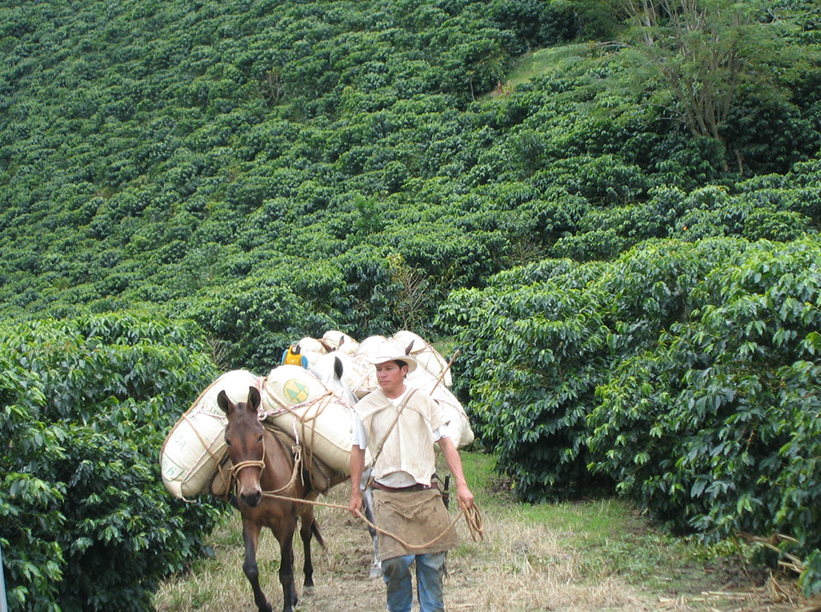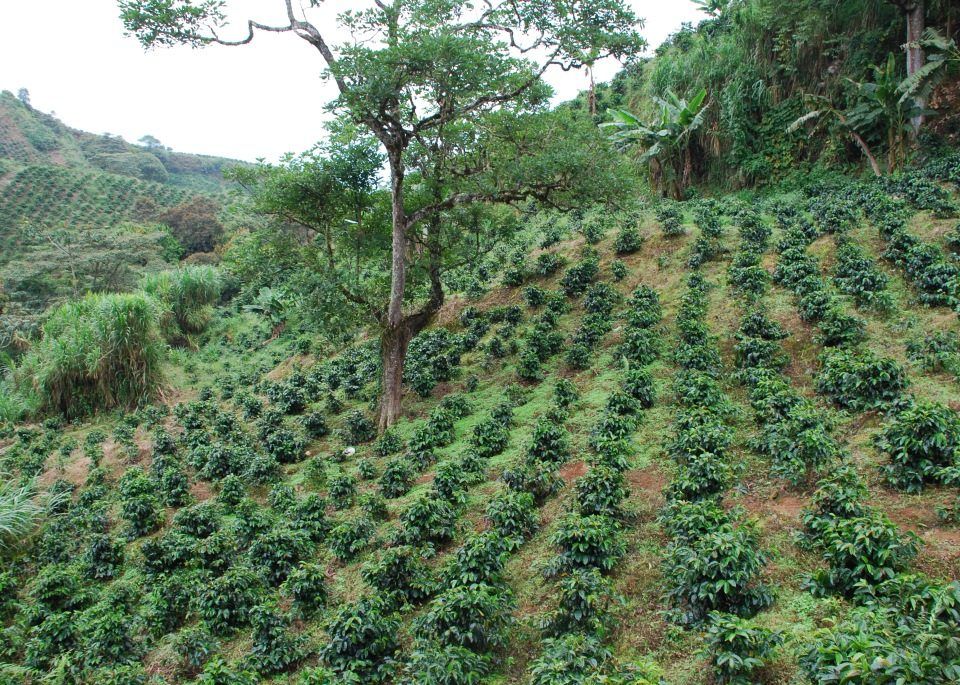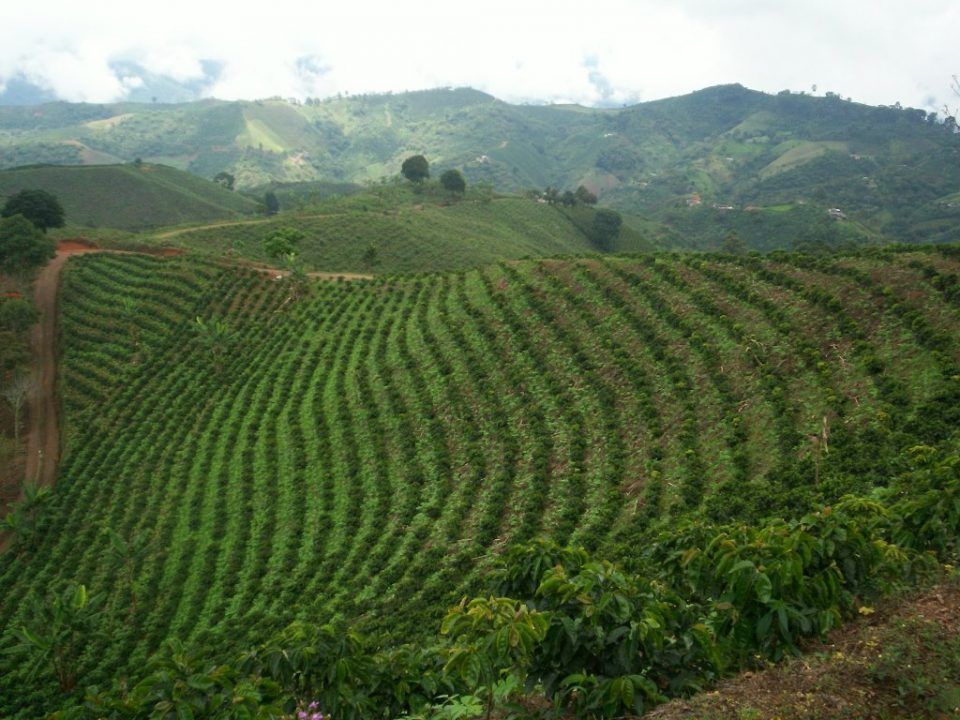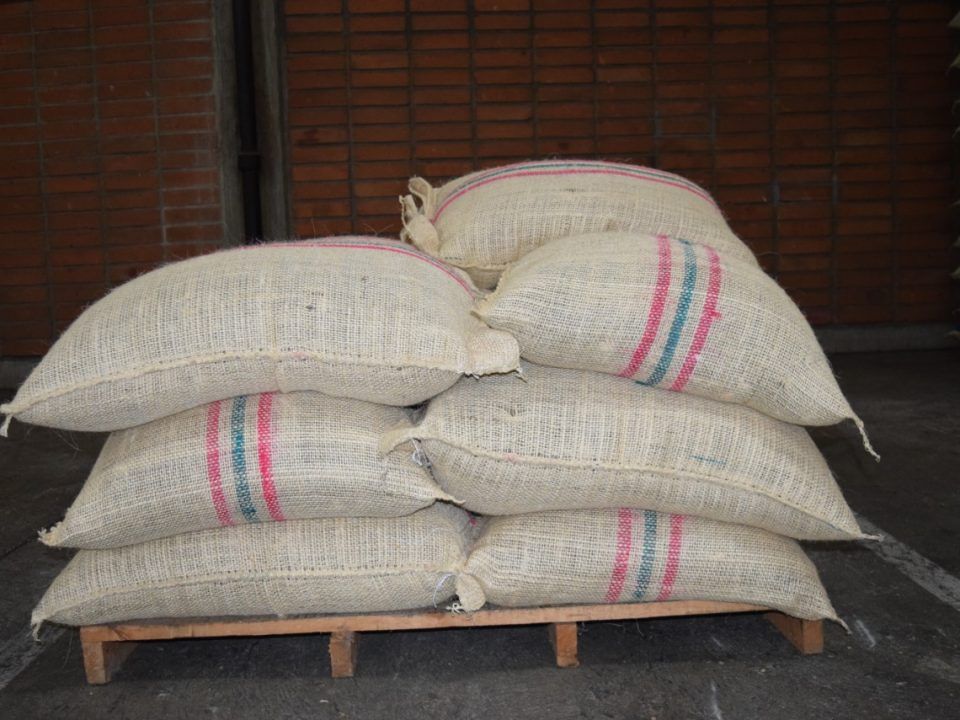
Crece participación de mujeres y jóvenes en la dirigencia gremial
19/10/2018
Reunión gremial en el municipio de Donmatías
22/10/2018Cafeteros exigen corresponsabilidad a industria mundial en solución a crisis

- Entre los destinatarios de la misiva figuran empresas como Starbucks, Nestlé, Joh Johannson, Gustav Paulig, Folgers, Keurigy JDE.
- La carta recuerda que desde 1990 los precios de café han ido empobreciendo a los caficultores del mundo y en la mayor parte de los países ni siquiera cubren los costos de producción.Mientras en 1982 la libra de café fluctuó entre US$1,20 y US$1,40, este año ha llegado a US$0,94, con lo cual los productores han perdido al menos dos terceras partes de su capacidad adquisitiva.
- Las asociaciones firmantes representan más de 30 países agrupados en el Foro Mundial de Productores de Café, que, bajo el liderazgo de la Federación Nacional de Cafeteros, se reunió en Medellín en julio de 2017 con casi 1.500 asistentes y que se volverá a reunir en Brasil en julio de 2019.
Asociaciones de caficultores que representan más de 30 países de América Latina, África y Asia enviaron recientemente una carta conjunta a las principales compañías compradoras de café, en la que advierten sobre la actual crisis de precios y la urgencia de buscar soluciones conjuntas inmediatamente.
Entre los destinatarios de la misiva figuran empresas como Starbucks, Nestlé, Joh Johannson, Gustav Paulig, Folgers, Keurig y JDE.
“Como líderes de las asociaciones que representan a los caficultores de más de 30 países, escribimos a usted para expresar nuestra más profunda preocupación por la situación actual del mercado de café que está generando una profunda crisis económica, social y potencialmente política, así como inquietud entre los productores de café de todo el mundo”, se lee en la carta.
La misiva recuerda que desde 1990 los precios de café se han estado comportando de tal forma que cada día son más y más nocivos para los caficultores, hasta el punto que en muchos países no pueden incluso cubrir sus costos de producción, y mucho menos obtener utilidades para ganarse un sustento decente para ellos y sus familias.
Otros efectos de esta situación son inmigrantes indocumentados de África y Latinoamérica ilegalmente cruzando las fronteras para encontrar un mejor futuro para ellos y sus familias, así como el aumento de cultivos ilícitos en algunos países.
“Algunos pueden argumentar que ‘el mercado es el mercado y que hace lo que tiene que hacer’. Para algunos productos, ese puede ser el caso. Sin embargo, en el caso del café, donde el sustento de más de 25 millones de familias está en juego –muchos de los cuales están enfrentando un proceso de pauperización que los está llevando a una situación de miseria–, eso no es menos que inhumano. Pero también hay riesgo de abandonar las fincas cafeteras y una reducción de la oferta, que es desventajoso para el consumidor final”, señala la carta.
Durante la reunión del Primer Foro Mundial de Productores de Café en Colombia, en julio de 2017, al cual asistieron casi de 1.500 caficultores de 42 países de África, Asia y América Latina y algunos representantes de la industria, quedó muy claro que la cadena de valor de café es una y sus resultados son muy positivos en conjunto.
Sin embargo, una mirada más cercana también deja claro que algunos de los eslabones son extremadamente rentables, mientras que otros, en particular los productores de café, lo están haciendo a pérdida.
La conclusión es obvia: este desbalance necesita ser corregido y todos y cada uno de los eslabones de la cadena tienen que ser rentables si queremos tener una industria cafetera sana y sostenible. “Todos somos corresponsables de la sostenibilidad de la industria cafetera, no sólo a nivel ambiental y social, sino a nivel económico, es decir, el sustento de los caficultores”, puntualiza.
Los consumidores también son una parte clave de la cadena de valor. Ellos no conocen la situación actual porque no les ha sido informada, por lo que es momento de involucrarlos globalmente para explicarles por qué el café está en riesgo, no sólo por amenazas como el cambio climático sino, de forma más inmediata, por la falta de sostenibilidad económica de millones de cafeteros a los que se les paga menos de una tercera parte del precio de 1982. “La pobreza es el gran depredador del medio ambiente y del tejido social”, anota.
En la carta, las asociaciones de productores reconocen que la industria ha hecho algunos esfuerzos focalizados para abordar temas como la sostenibilidad ambiental, el cambio climático y la inversión social y los aplauden. “Sin embargo, no podemos retrasar más acciones para mejorar el ingreso de los caficultores”, sugieren.
Los productores expresan su confianza en que la carta sea el primer paso de una discusión seria y acciones conjuntas con la industria para encontrar formas de garantizar la sostenibilidad económica de los caficultores, aumentando su ingreso y evitando la expansión de la catástrofe social que se está gestando en muchos países cafeteros.
Para tal fin, una delegación de líderes de las asociaciones de café tenía previsto reunirse con los directores de estas grandes empresas compradoras para explorar las mejores vías de cooperación.
Entre las principales asociaciones de productores de café firmantes de la carta figuran la Agencia de Cafés Robusta de África y Madagascar, Asociación Africana de Cafés Finos (AFCA), Asociación de Cafés Especiales de Brasil (BSCA), Consejo Nacional del Café (Brasil), Federación Nacional de Cafeteros de Colombia (FNC), Organización Interafricana del Café (IACO), India Coffee Trust y Promecafé (que agrupa México, Guatemala, Honduras, El Salvador, Nicaragua, Costa Rica, Panamá, Perú, República Dominicana y Jamaica).




